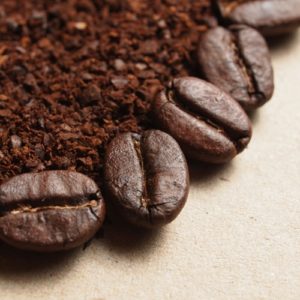Boulder, Colorado, has had a long-standing love affair with coffee. In September 2014, Redfin Blog declared Boulder the third-best city for coffee snobs. “Snob” might not be the most flattering phrase, but it means that Boulderites know a thing or two (or three) about coffee. As such, students taking cooking classes in Boulder should be particularly adept at using coffee in new and exciting ways. Here are some suggestions for how you can use coffee to add new dimensions to your recipes:
Meat
Using coffee to prepare meat can add something new to the flavor of your protein. Using coffee grounds as a rub is one way to do this. You can make a simple coffee rub with just coffee grounds, pepper, and salt. However, you can also try experimenting with adding ground coffee to your preexisting rub recipes. You can also prepare meat with coffee by making a coffee marinade. This recipe for a coffee-marinated skirt steak from Epicurious.com uses brewed coffee to bring that caffeinated punch to the meal.
Sauces
Coffee sauce itself is a great addition to treats like ice cream, but you can also add coffee to other sauces to make something new. Coffee brings a nice acidity to barbecue sauce, balancing out the sweeter flavors. This acidic quality means that coffee could be included in any number of sweet sauces to bring out unique nuances. Try adding brewed coffee to some of your standbys to see what flavors emerge.
Baking
If beverages are coffee’s full-time job, baking is where it works on the side. Make sure you’re making the most of coffee in your baking and pastry courses. Excess water can wash out flavors and make your dishes bland, so try to use espresso if you’re using liquid coffee. You can also add finely ground coffee to cake or cookie mixes. Using espresso powder is one way to really capture the punch of coffee. You can make your own espresso powder by baking leftover espresso grounds at your oven’s lowest temperature for one hour, or simply leaving them to dry overnight. Once the espresso grounds are dried, grind them into a fine powder. Espresso powder is especially useful for bringing out the richness of chocolate in baked goods.
Experimenting with coffee is a sure way to find new ways to bring out your favorite flavors. Remember, not all coffee is the same, so be sure to try recipes with coffees of different roasts and from unique regions.




